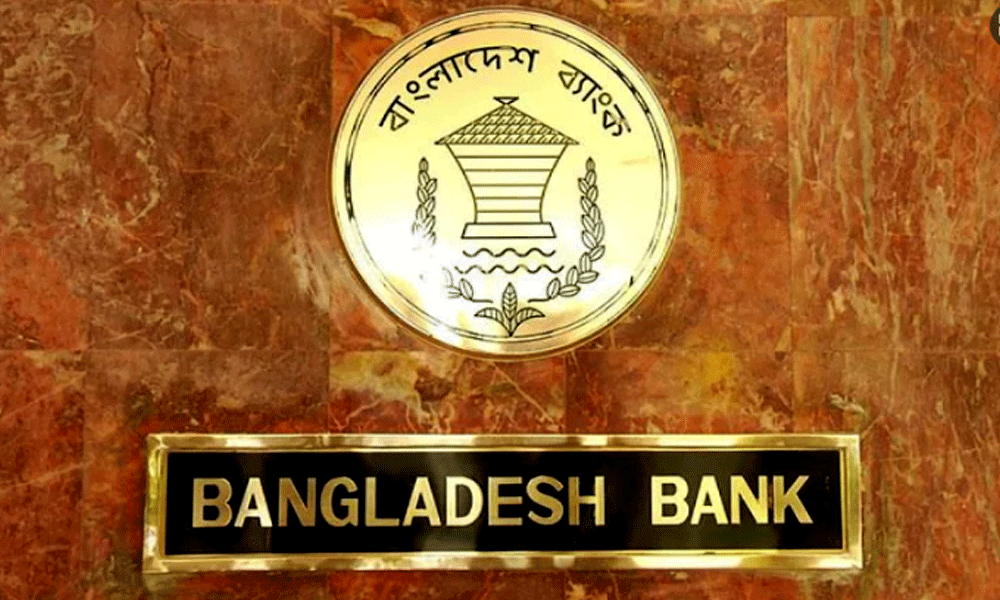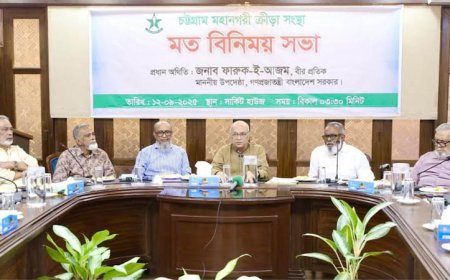Parties Divided Over ‘Pluralism’ and National Constitutional Council
Parties Divided Over ‘Pluralism’ and National Constitutional Council

Through a comprehensive 166-point questionnaire, the National Consensus Commission has sought input from political parties on potential reforms to the constitution, electoral system, judiciary, public administration, and anti-corruption mechanisms. These efforts aim to form the basis of a reform charter inspired by the democratic spirit of the July 2024 uprising, focusing on transparency and stability. So far, the commission has engaged with 23 political parties and platforms, with the BNP, Jamaat-e-Islami, and the newly formed National Citizen Party (NCP) offering detailed responses on key proposals.
However, despite broad alignment on major issues like the restoration of the caretaker government system and the introduction of a bicameral parliament, significant differences remain. Disagreements emerged over the inclusion of “pluralism” in the constitution’s preamble. The BNP rejected the term, advocating instead for the restoration of “absolute faith in Almighty Allah” — a phrase from the pre-2011 version of the constitution. Jamaat echoed this view but expressed partial support for pluralism, suggesting “multiculturalism” would better reflect Bangladesh’s Islamic and cultural identity. The NCP also partly agreed but argued that “pluralism” should be replaced with a clearer Bangla term to avoid misinterpretation.
The three parties also diverged on limiting the prime minister’s tenure. Jamaat and the NCP backed a two-term cap, while the BNP proposed a more flexible system allowing two consecutive terms and a third after a mandatory break. While the BNP and Jamaat favored a five-year term for the premiership, the NCP supported reducing it to four years.
On the issue of separating the roles of prime minister and Leader of the House, the BNP stood opposed, citing tradition and arguing that the Leader of the House holds no executive authority. The NCP supported the separation to strengthen checks and balances, while Jamaat said its position was still under review.
Another contentious proposal was the creation of a National Constitutional Council (NCC) to oversee appointments to key constitutional bodies, including the Election Commission. The BNP rejected the idea, warning it could undermine the prime minister’s executive authority and create bureaucratic hurdles. Conversely, Jamaat and the NCP endorsed the NCC, emphasizing the need for depoliticised appointments. The NCP went further, suggesting the council also oversee appointments to positions like the defence chief.
One major point of consensus was the endorsement of a bicameral legislature. All three parties supported the idea, viewing it as a means to enhance regional and professional representation and to avoid the overconcentration of power. However, the BNP opposed the commission’s proposal for proportional representation in the upper house, stressing that the matter should be debated in parliament.
The caretaker government system also received unanimous support. The parties agreed that a neutral interim administration is essential for credible elections and restoring public confidence in the process.
Judicial reform proposals saw some alignment and some contention. The BNP proposed appointing the chief justice from among the top three senior judges of the Appellate Division, rather than the most senior alone. It also supported a Judicial Appointment Commission but insisted that its structure be determined by parliament. Jamaat and the NCP endorsed these proposals. However, the BNP opposed the idea of a separate judiciary secretariat, calling it unconstitutional, while the other two parties supported it as a step toward greater independence and efficiency.
Accountability of the Election Commission was another divisive issue. A proposal to make the EC answerable to a parliamentary standing committee was supported by Jamaat and the NCP as a means to enhance transparency. The BNP, however, opposed it, arguing it would compromise the EC’s autonomy and increase political interference.
Summing up the ongoing discussions, Prof Ali Riaz, Vice-Chair of the National Consensus Commission, said: “We are working… We hope to reach common grounds on the reform proposals, and we are currently negotiating with the parties.”
What's Your Reaction?






















































































